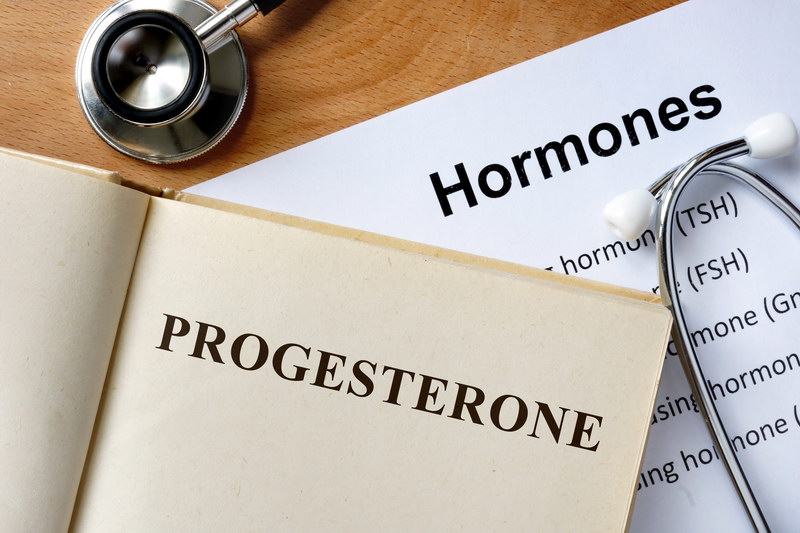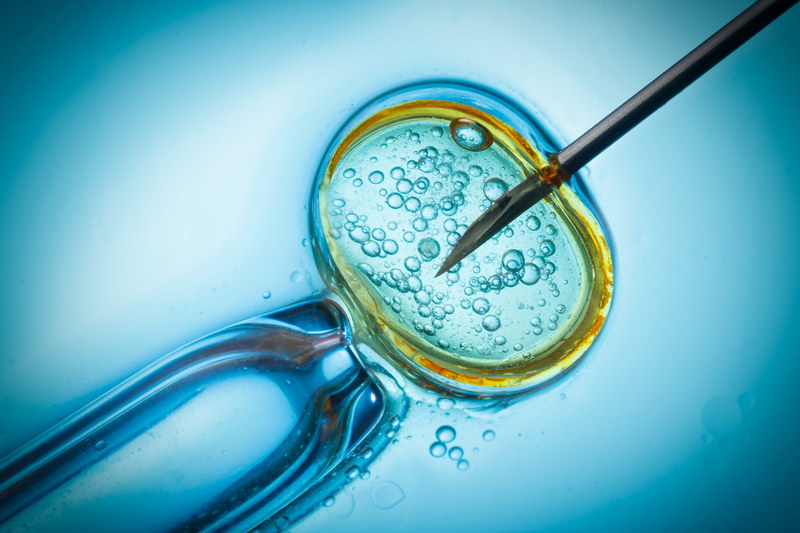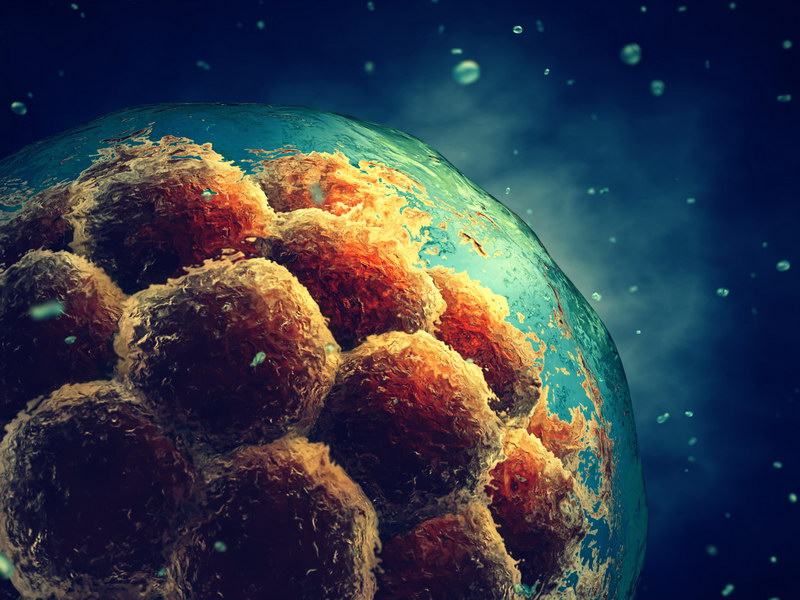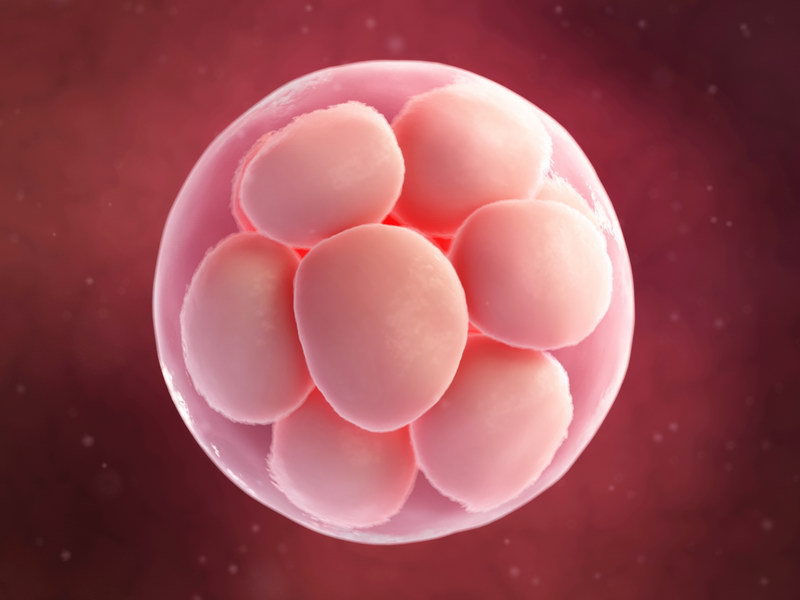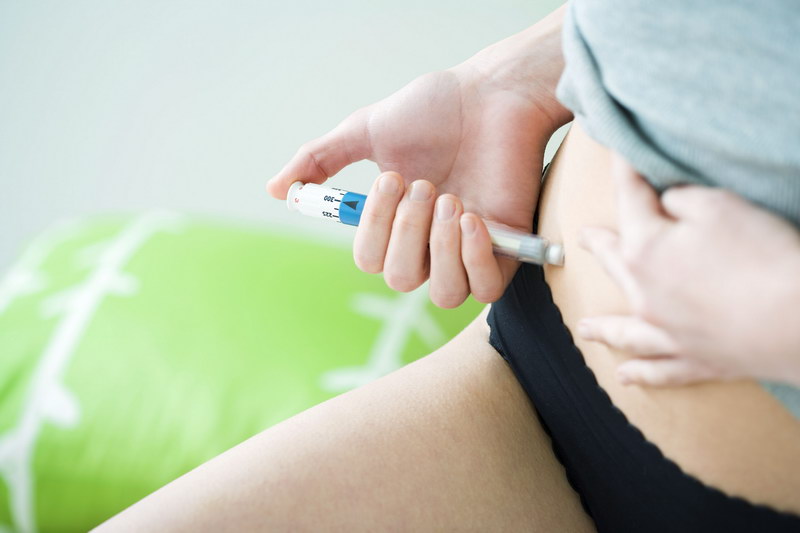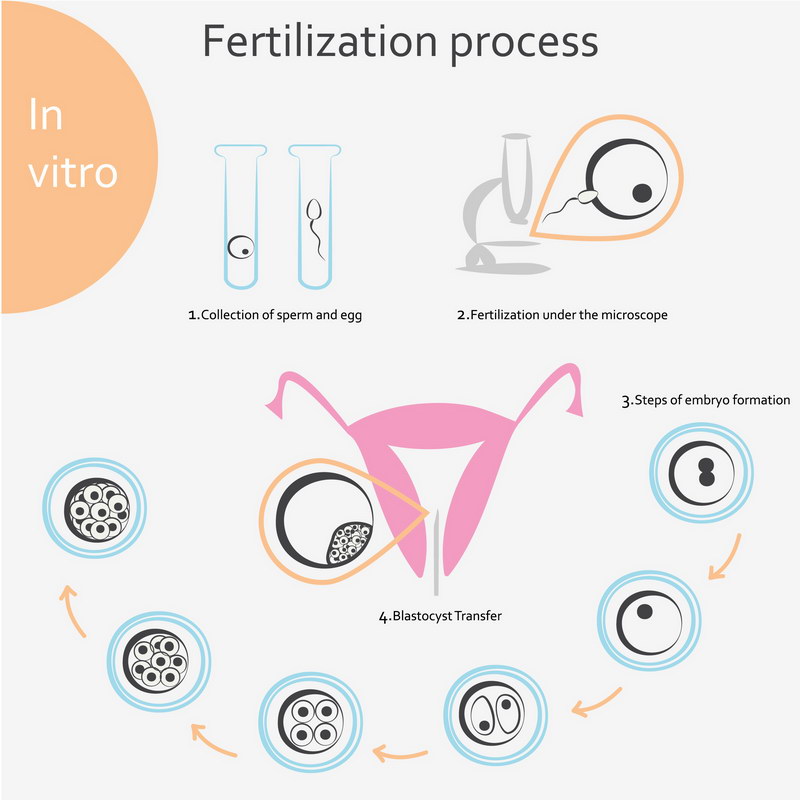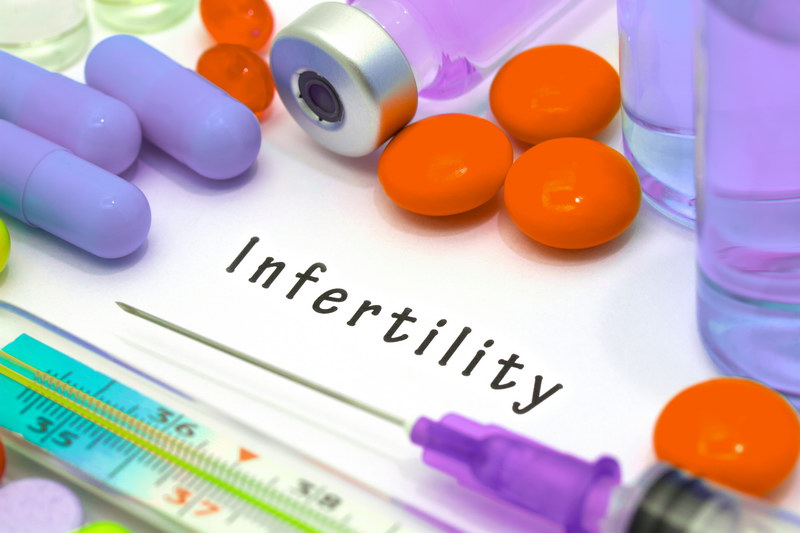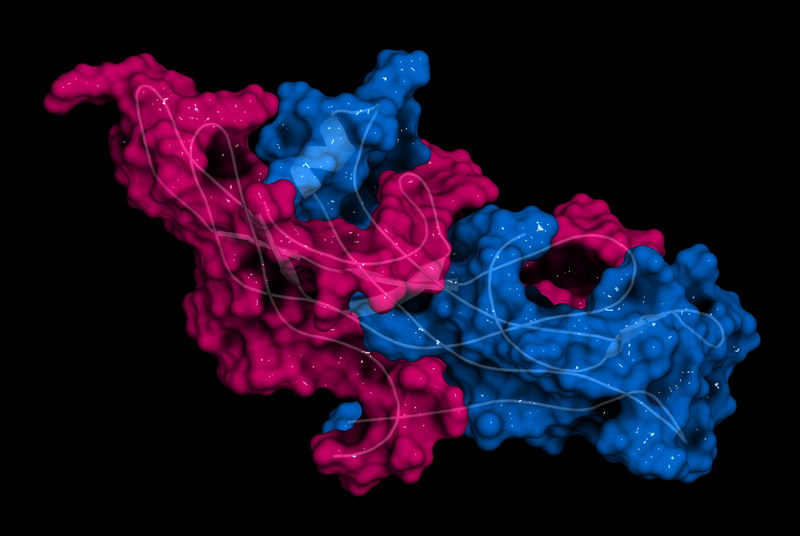Progesterone is known as a hormone that is mainly produced by the corpus luteum in your follicles – this is what the follicles transform into after releasing eggs. Progesterone aids your uterus for proper implantation of a fertilized egg by helping the endometrium or uterine lining to properly and successfully maintain the pregnancy.
Tag Archives: In Vitro Fertilization
If you and your partner have been facing infertility problems and are continuously searching for ways to solve the conception problem, you are most likely familiar with the terms IUI and IVF. IUI or Intrauterine insemination and IVF or In Vitro Fertilization are the two most commonly utilized ways of treating infertility to help increase your chances of getting pregnant.
In the year 1978 since the birth of the very first child that has been achieved via conception out of the human body, the principles, and ideas in relation to “in vitro” which literally means in glass culture and fertilization have remained the same all throughout the years. It means that careful and thorough maintenance of an expertly controlled, sterile environment is kept in which the regular physiology of fertilization can be played out. Here, there will relatively be no disturbances to acquire healthy embryos that will be returned to the females body.
Are you interested in becoming an egg donor, or have decided to make use of egg donation for reproductive assistance? Egg donation is a procedure that is done with the assistance of a fertility specialist who extracts eggs from the ovaries of a donor; the obtained eggs are either frozen for future use or immediately fertilized to be implanted in the uterus of a woman to begin their pregnancy.
A follicle stimulating hormone test or more commonly known as an FSH test is a certain type of test that measures the levels of FSH (follicle stimulating hormone) in a single blood sample; this hormone is produced by the bodys pituitary glands. In women, the follicle stimulating hormone aids in controlling the production of eggs in your ovaries and it also helps control the cycle of your period. Throughout your menstrual cycle, the levels of FSH differ and it is usually at its highest right before you release an egg the period of ovulation. For men, the follicle stimulating hormone aids in controlling their production of sperm and the levels of this hormone in men generally remains the same.
Among the biggest and most haunting problems that any couple who wishes to have a child can have is infertility. Fortunately, there are now various procedures to address this due to the constant advancement of science and technology. One of the fertility treatments, In Vitro Fertilization or IVF, is now available for those who want to conceive when natural means do not work and can no longer be an option.
If you are interested in the whole IVF or In Vitro Fertilization process, it is best that you know what exactly this procedure is, as well as the different IVF protocol types are. The In Vitro Fertilization is a specific method of fertilization by manually putting together the sperm and egg in a lab dish; then after some time, these will be transferred back to the embryo in your uterus.
With the advancement of science, infertility problems can now be solved using various fertility treatments such as In Vitro Fertilization. In Vitro Fertilization or IVF is a procedure that is done by extracting the egg from a female’s ovaries then a male’s sperm is injected into the ovaries before setting it on a laboratory dish. This can address various infertility problems such as blocked, damaged, or missing, fallopian tubes and even a wide range of infertility issues in males. Couples who wanted to have a baby but were unable to conceive naturally have gone through In Vitro Fertilization and have shared their IVF success stories to inspire other infertile couples who are experiencing the same situation as they did.
Infertility refers to the inefficiency of an individual to conceive despite having regular unprotected intercourse. This can also mean the biological incapacity of a certain individual from contributing to conception; also, infertility refers to a woman who is unable to carry out a pregnancy to full term or completely. A few millions of individuals just in the United States of America, or about twelve percent of the whole community within their reproductive years, suffer from infertility, and this has been based on a variety of research and studies.
The hormone called human chorionic gonadotropin or better known as hCG is produced by a female during pregnancy and is created by the cells developed in the placenta. The placenta cultivates the egg after being fertilized so it can easily attach to your uterine walls; this can actually better support your pregnancy since the production of progesterone is allowed, helping the uterus lining prepare for the eggs implantation. The human chorionic gonadotropin is made up of cells that entirely make up the placenta that supplies nutrition to the egg right after it goes through fertilization then attaches itself to the uterine walls.

